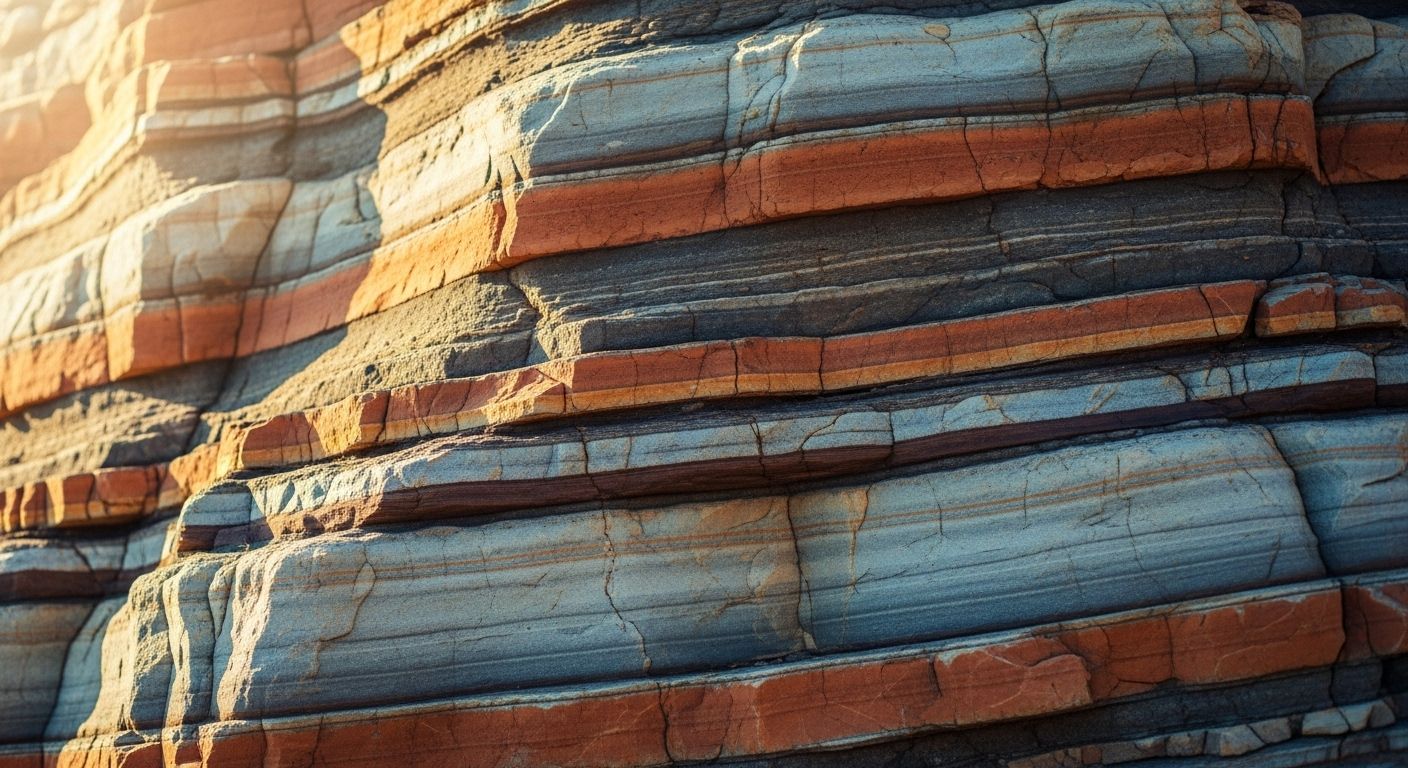
Oil and Gas Reservoirs is a foundational module designed to introduce learners to the subsurface environments where hydrocarbons are stored. These reservoirs are the starting point of the energy supply chain, and understanding their characteristics is essential for anyone entering the oil and gas industry—especially those pursuing roles in processing, maintenance, or field operations.
This lesson explores the geological and physical principles that govern reservoir behavior, setting the stage for more advanced study in exploration, drilling, and production.
🪨 By the end of this lesson, you’ll be able to:
This lesson is ideal for learners preparing for technical roles in the oil and gas industry, as well as those seeking a clear introduction to subsurface geology and reservoir behavior.